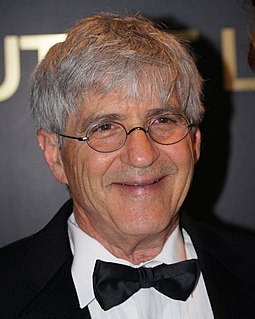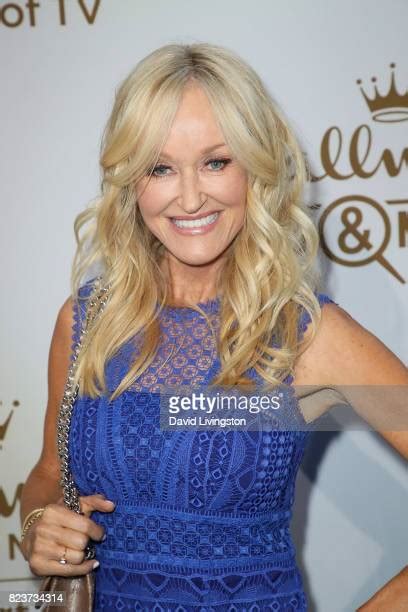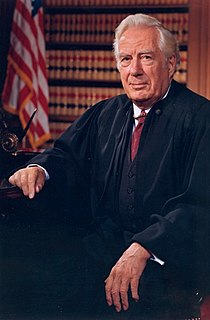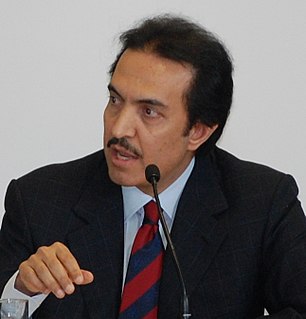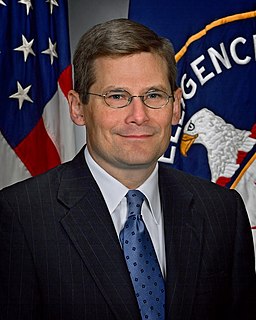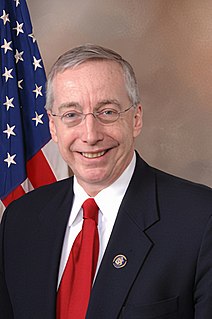A Quote by Michael Isikoff
Look, obviously that was - created quite a firestorm, but Newsweek editors have made clear that this was a situation where, you know, a solid, well-placed source provided some information.
Related Quotes
Obviously, it's designed by record company executives who want a cheap success, and they don't want to give money to anybody and they don't want to give contracts, so they've created this world of very bubbly teenagers who want to be "idols" and they think all they have to do is mime quite well and they've made it. ... But it's not the problem of the kids, it's the problem of the record companies, because it's just an inexpensive way for them to have so-called, I won't say "artists", but erm...You're nodding, you know what I mean.
Obviously I don't agree with everything he [Donald Trump] says. There's a lot that we have a difference of opinion on. But we can't ignore that he's touched on some issues that people are concerned about. If you look at the statements he made this week, obviously I think he made them partially to recapture the limelight after having lost it.
I'm optimistic, though. Now, with the Arab Spring, I think that people in the region are beginning to overturn some of these clichés, and Western editors are starting to catch up. We're seeing some exceptions to the stereotypes, like Elizabeth Rubin's great piecein Newsweek, "The Feminists in the Middle of Tahrir Square." But an article like that shouldn't be the exception. It should be the rule.
I would be quite content if I myself could be rated fifty-fifty in merits and demerits. But one thing I can say for myself: I have had a clear conscience all my life. Please mark my words: I have made quite a few mistakes, and I have my own share of responsibility for some of the mistakes made by Comrade Mao Zedong. But it can be said that I made my mistake with good intentions. There is nobody who doesn't make mistakes.
